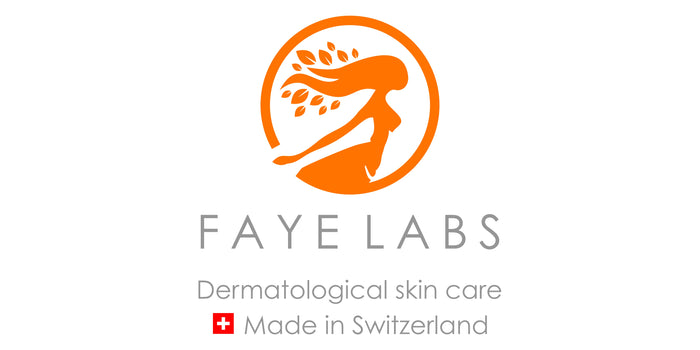Corals can survive a bleaching event, but are then more stressed and more likely to die. For another ingredient, Octinoxate (Ethylhexyl Methoxycinnamate), the research is less conclusive, but the mechanism could be similar.

How to Protect Coral Reefs While Enjoying the Beach?
Protecting coral reefs
Did you know that your sunscreen and products containing uv filters plays a crucial role in protecting coral reefs? It's true—certain kinds of sunscreen can be toxic to corals, causing bleaching and even death. But don't worry—just because you have to be mindful of what kind of sunscreen you use doesn't mean you have to miss out on fun in the sun. Here are a few tips for how to enjoy the beach while protecting coral reefs at the same time.
Choose Sunscreen and Day Creams with uv filters carefully
The key to reef-safe products is to choose creams and lotions that don't contain oxybenzone or octinoxate, two common ingredients that can cause irreparable damage to marine life. It's also important to note that spray-on sunscreens are not necessarily safer than traditional lotion varieties—while it's true that spray-ons won't leave behind a residue like lotions might, they can still release dangerous aerosols into the air, which can then make their way into oceans and other bodies of water.
A few specific UV filters, as found in commercially available sun creams, are suspected of damaging coral reefs. Recent laboratory studies have linked the ingredient Oxybenzone (Benzophenone-3) to coral damage, which can lead to coral bleaching or coral death when sufficiently concentrated.
Faye Labs' applied clean sun filters
- do not cause allergies
- do not penetrate the skin (i.e. no use of nano filters)
- are photostable, i.e. do not decompose in the sun
- are free from micro plastics
- have no side effects on the body's metabolism
- do not harm the coral reefs
Chemical Sunscreens
Broad spectrum SPF (protection against UVA and UVB) is widely recommended by dermatologists to protect skin from photo-ageing. But some chemical SPF have been linked to hormone disruption and can aggravate sensitive skin. We use SPF selectively in only certain products so you can choose whether to use SPF or not.
We only use select chemical sunscreens for broad spectrum protection (Avobenzone, Bemotrizinol...) where are satisfied that the available research does not link them to hormone disruption or ecological degradation. We avoid Oxybenzone and Octinoxate, banned by the US State of Hawaii for causing damage to coral reefs.
We do not use Nanoparticles (which range in size from 1 to 100 nanometers), which are extremely small particles, but could be absorbed into the body through the skin. We do not use any nano-sized SPF in our product range.
We do not use any chemical SPF in products, which may be inhaled (aerosols and powders).
